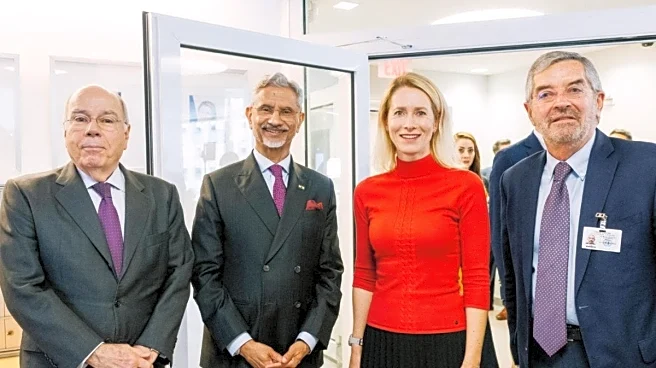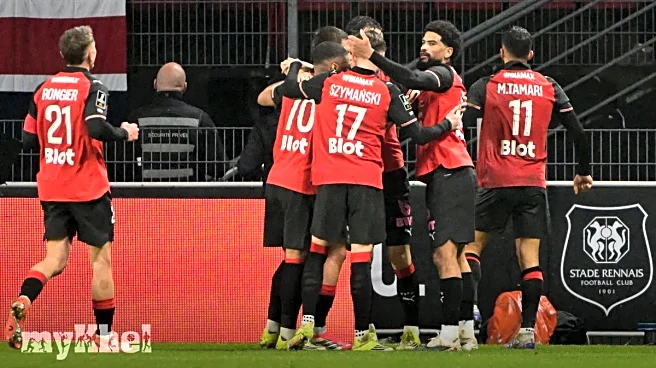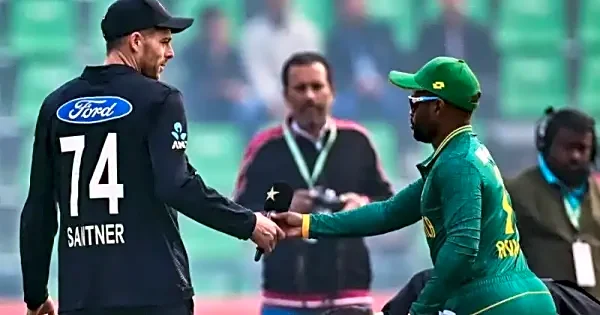External Affairs Minister S Jaishankar held talks with European Union Foreign Ministers on India-EU partnership, Ukraine and Gaza conflicts.
In a post on X, Jaishankar said: “Pleased to meet EU Foreign
Ministers at their informal meeting today in New York. Thank EU HRVP @kajakallas for hosting me.”
“An opportunity to have open exchange of views on multilateralism, India-EU partnership, Ukraine conflict, Gaza, energy and trade,” he further said.
This comes days after Prime Minister Narendra Modi spoke to European Union chief Ursula von der Leyen and welcomed the bloc’s proposal for a new strategic agenda to raise bilateral relations with India to a higher level and fast-track a free trade agreement, despite concerns over New Delhi’s relations with Russia.
The European Commission and the High Representative adopted a Joint Communication outlining a ‘New Strategic EU-India Agenda’, marking a significant milestone in India-EU relations, according to an official EU statement. This new agenda focused on advancing trade and investment, strengthening economic security, deepening industrial cooperation and boosting regional connectivity.
Meanwhile US Ambassador to the United Nations Mike Waltz on Monday condemned Russia’s repeated incursions of NATO territory and emphasised that the United States and its allies “will defend every inch of NATO territory”.
The envoy also called on Russia, which is a permanent member of UNSC, “to uphold international peace and security, to respect the sovereignty of its neighbours, to cease violating their airspace. And I call on Russia to negotiate directly with Ukraine to end that war”.
However, Russia on Monday rejected Estonia’s allegations that Russian fighter jets violated the latter’s airspace, and warned that countries making such accusations risked “escalating tensions”.
Meanwhile, France became the latest European country to formally recognise Palestine as a state. On Sunday, Britain, Canada, Australia and Portugal recognized the state of Palestine.
This wave of recognition represents a significant departure from the long-standing Western position that Palestinian statehood should emerge only as the outcome of direct negotiations with Israel.


/images/ppid_a911dc6a-image-177101752951095973.webp)




/images/ppid_a911dc6a-image-177101403147018469.webp)
/images/ppid_a911dc6a-image-177101053501199609.webp)
/images/ppid_59c68470-image-177101003680064644.webp)



